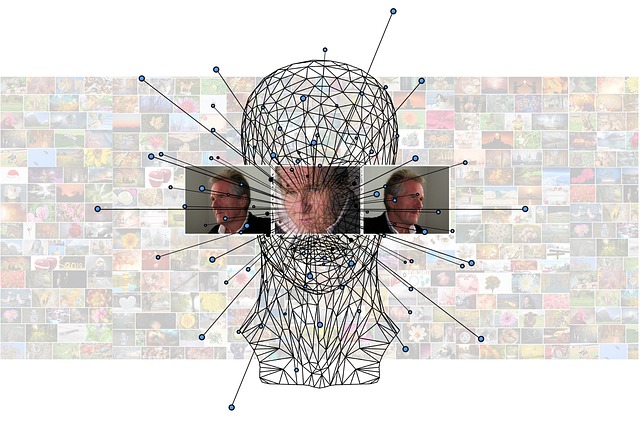Innovative Agnostic Algorithms: Revolutionizing Robotics, AI, and Business Automation
In the rapidly evolving landscape of technology, agnostic methods are emerging as pivotal forces that redefine the way we interact with machines, data, and each other. As industries race to integrate Robotics, Artificial Intelligence (AI), and business automation, the flexibility and adaptability offered by agnostic algorithms are proving to be game-changers.
The Robotic Revolution
Robotics has come a long way from the days of rigid, specialized machines. Today’s robots are becoming more versatile, thanks to the application of agnostic methods. Unlike traditional algorithms that are often tied to specific tasks or industries, agnostic algorithms enable robots to perform a wide range of functions across various environments. This capability not only enhances efficiency but also allows for seamless integration with existing systems.
For instance, imagine a single robot that can adeptly handle everything from assembly line tasks in manufacturing to assisting in healthcare settings. The ability to adapt and learn from different scenarios significantly reduces costs and time while increasing productivity. Such advancements come from a foundation of agnostic methods, providing a baseline for innovation that transcends traditional limitations.
Artificial Intelligence’s New Horizon
Artificial Intelligence, on the other hand, thrives on the data diversity that agnostic methods introduce. The essence of AI lies in its ability to learn and evolve, and when algorithms are not constrained by a specific data type or source, the potential for learning becomes limitless. Distributed networks powered by agnostic algorithms can analyze and synthesize information from multiple disciplines, leading to more informed decision-making and creative solutions.
This is particularly beneficial in areas such as healthcare, where AI can interpret medical data, predict outcomes, and recommend treatments based on diverse datasets. The inclusivity of agnostic methods in AI not only enhances accuracy but also promotes fairness and ethical considerations in machine learning applications.
Transforming Business Automation
In the realm of business automation, agnostic methods are paramount in ensuring that automation systems work harmoniously across varying platforms and organizational structures. Businesses today require tools that are not only efficient but also flexible enough to adapt to changing needs and technologies. Agnostic algorithms accelerate this adaptation process, allowing businesses to integrate new software solutions without overhauling entire systems.
By employing agnostic methods, companies can automate routine tasks, streamline operations, and focus on strategic growth. For example, a CRM system powered by an agnostic algorithm can easily connect with various marketing channels, providing a unified view of customer interactions while enhancing lead management processes. This interconnectedness ultimately leads to enhanced customer experiences and optimized resources.
The innovative paths paved by agnostic methods resonate deeply with the necessity for flexibility and efficiency in modern technology. As Robotics, AI, and business automation continue to converge, agnostic algorithms will undoubtedly lead the charge towards a more integrated future where technology not only supports but also amplifies human potential.




